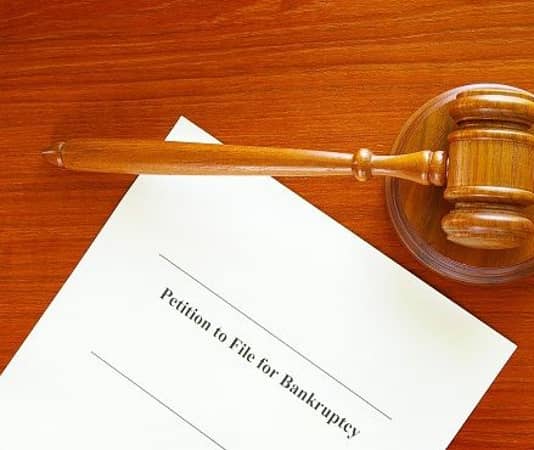Bankruptcy and Divorce

The reality of divorce is that one household will become two. Where there used to be adults sharing responsibilities, bills, and often incomes, now each spouse will have to figure out how to make ends meet with only one income. Sometimes one of the spouses has been out of the job market for a while and needs time to bring his or her earning potential up. In any case, divorce creates financial hardship. Bankruptcy is a common solution by one or both spouses to help ease the financial stresses. When former spouses are still tied together by support obligations, assets, or debts, the bankruptcy can create complications.
Bankruptcy is largely governed by federal law, whereas divorce is governed by state law. The bankruptcy code has protections built in for divorces or custody issues. Where a spouse has a support obligation, it will not be dischargeable in bankruptcy. What this means is that even if your former spouse has fallen behind in spousal or child support, a bankruptcy case will not wipe out this arrearage. Moreover, a spouse cannot erase any future support obligations in a bankruptcy. Only the family Court has the ability to modify its own support order. Note, however, that if a spouse has an arrearage of spousal or child support and he or she declares Chapter 13 bankruptcy, then he or she may propose a new repayment schedule through the bankruptcy.
The United States Bankruptcy Code 11 USC 523(a)(13) also provides protection for property distribution orders. The debts and obligations incurred by a spouse due to a divorce may not be discharged in a chapter 7 bankruptcy if the discharge would be harmful to the other spouse. It may be possible to discharge the settlement terms in a chapter 13 bankruptcy. The key is whether the obligation is characterized as support. Support obligations are not dischargeable, whereas a property settlement may be.
Discharging credit card debt is a very common issue. If you and your former spouse are both on the credit card contract, then the contract likely states that you and the spouses are "jointly and severally liable." This means the company will come after you for the balance of the debt if your spouse defaults. The credit card company will not care if the divorce decree orders just one spouse to pay the debt. For this reason, it is typically advisable to pay down as much credit card debt as possible in a divorce settlement or for the parties to both file bankruptcy.
Divorce can create many financial hardships and it is important to keep an eye toward the future and protecting yourself. We have experience in helping our clients do so. Contact us today at (732) 529-6937 for an appointment.



